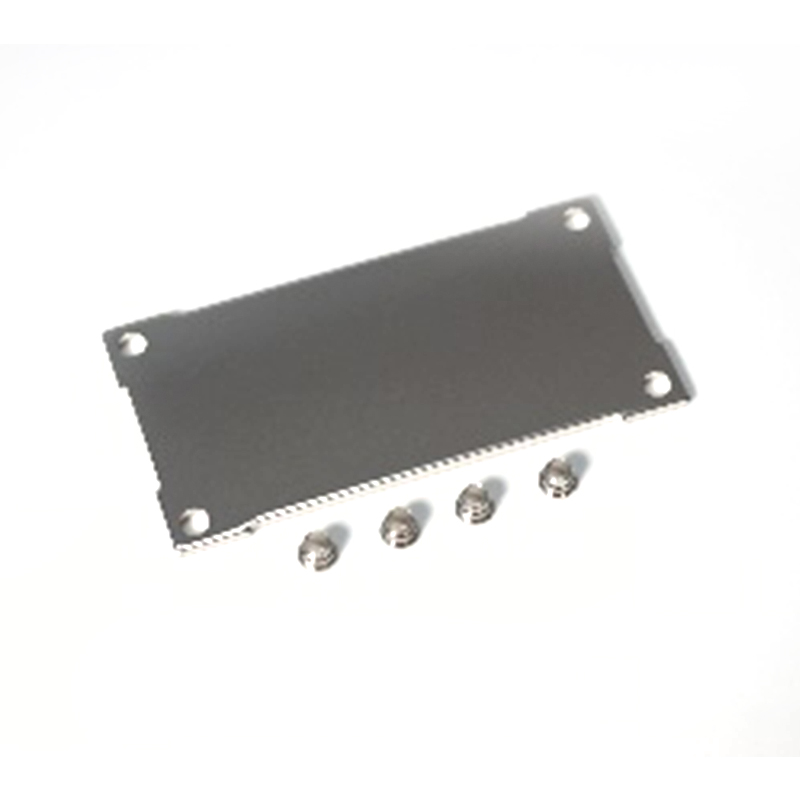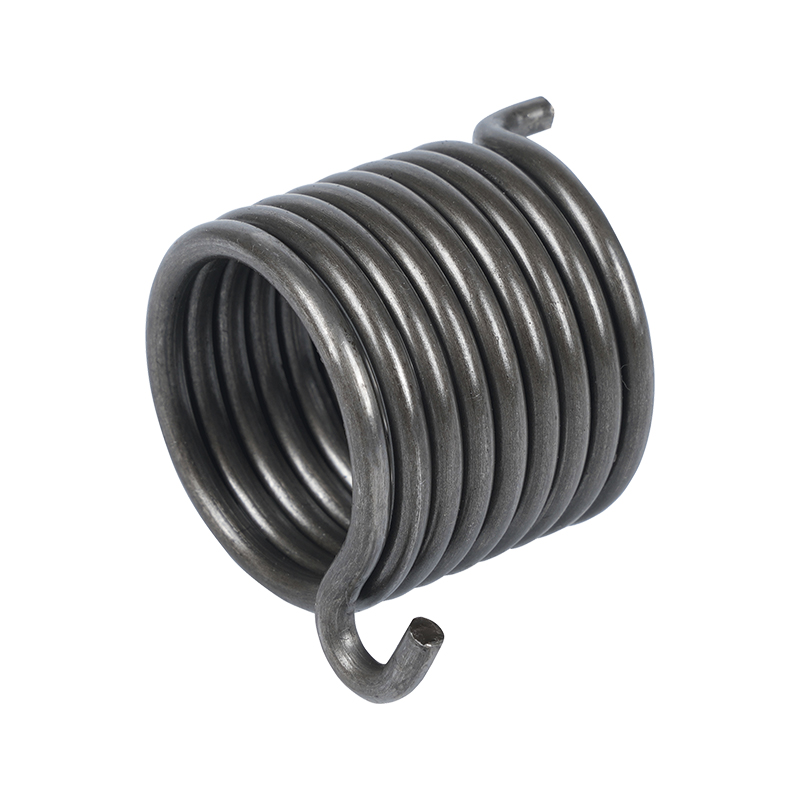Custom Cast Aluminum Parts Enhancing Modern Manufacturing Efficiency
In today’s manufacturing landscape, material selection and precision engineering play a pivotal role in the success of production processes. Custom cast aluminum parts have become a key component in many industries, offering a combination of lightweight strength, corrosion resistance, and design flexibility. These components allow engineers to achieve complex geometries without compromising on performance, making them suitable for applications ranging from automotive to industrial machinery.

Advantages of Custom Cast Aluminum
Custom cast aluminum offers several advantages over traditional materials. Its lightweight nature reduces the overall weight of machinery or vehicle components, which can advance to increased energy efficiency. Additionally, aluminum’s natural resistance to corrosion ensures that parts maintain their integrity over long periods, even in challenging environments. For manufacturers, the ability to produce intricate designs through casting techniques also allows for reduced assembly times and fewer separate parts, which can streamline production processes.
Precision Engineering and Design Flexibility
One of the more valuable aspects of custom cast aluminum is its adaptability to precise engineering requirements. Modern casting technologies enable the creation of parts with tight tolerances and complex shapes that would be difficult to achieve using other methods. This level of precision supports industries where reliability and performance are critical. For example, automotive components made from custom cast aluminum can achieve a balance between structural strength and reduced weight, directly contributing to fuel efficiency and overall vehicle performance.
Integration with Customized Stainless Steel Components
While custom cast aluminum provides lightweight and corrosion-resistant solutions, many modern applications require integration with other materials. Customized stainless steel parts are often paired with aluminum components to enhance durability and load-bearing capacity. Stainless steel’s resistance to wear and high temperatures complements aluminum’s lightweight properties, creating a combination that can withstand demanding operational conditions. Manufacturers increasingly rely on the synergy between custom cast aluminum and customized stainless steel to produce parts that meet stringent industrial standards.
Applications Across Industries
The applications for custom cast aluminum and customized stainless steel components are wide-ranging. In the automotive sector, these materials are used for engine components, transmission housings, and structural parts. In the industrial machinery field, they are applied in pumps, valves, and precision tools. Even in consumer electronics, small custom cast aluminum parts provide both aesthetic appeal and functional strength. By tailoring these materials to specific requirements, manufacturers can achieve consistent performance and reliability across various product lines.
Efficiency in Production
Adopting custom cast aluminum parts can significantly enhance manufacturing efficiency. The ability to produce complex shapes in a single casting reduces the need for multiple machining operations, lowering production costs and advance times. Combined with customized stainless steel, which provides additional strength where necessary, manufacturers can optimize the assembly process while maintaining high quality. This approach allows companies to respond quickly to market demands and reduces the risk of production bottlenecks.
Sustainability Considerations
Another advantage of using aluminum and stainless steel in manufacturing is their sustainability. Aluminum is highly recyclable, and the casting process can incorporate recycled materials without compromising performance. Stainless steel also has a long service life and can be fully recycled at the end of its usage. By utilizing these materials, manufacturers not only improve efficiency but also contribute to environmentally responsible production practices.
Future Trends
As manufacturing technologies continue to advance, the combination of custom cast aluminum and customized stainless steel parts is likely to grow in importance. Emerging techniques such as additive manufacturing and advanced casting methods allow for even more complex and lightweight designs. This evolution opens up new possibilities for industries looking to balance performance, cost, and environmental considerations in their products.
Custom cast aluminum and customized stainless steel components play a crucial role in modern manufacturing. By offering lightweight strength, corrosion resistance, and design flexibility, these materials enhance production efficiency while meeting stringent industrial requirements. Their integration across industries demonstrates a practical approach to engineering challenges, highlighting how thoughtful material selection can drive both performance and sustainability in contemporary manufacturing.


 English
English русский
русский Español
Español











